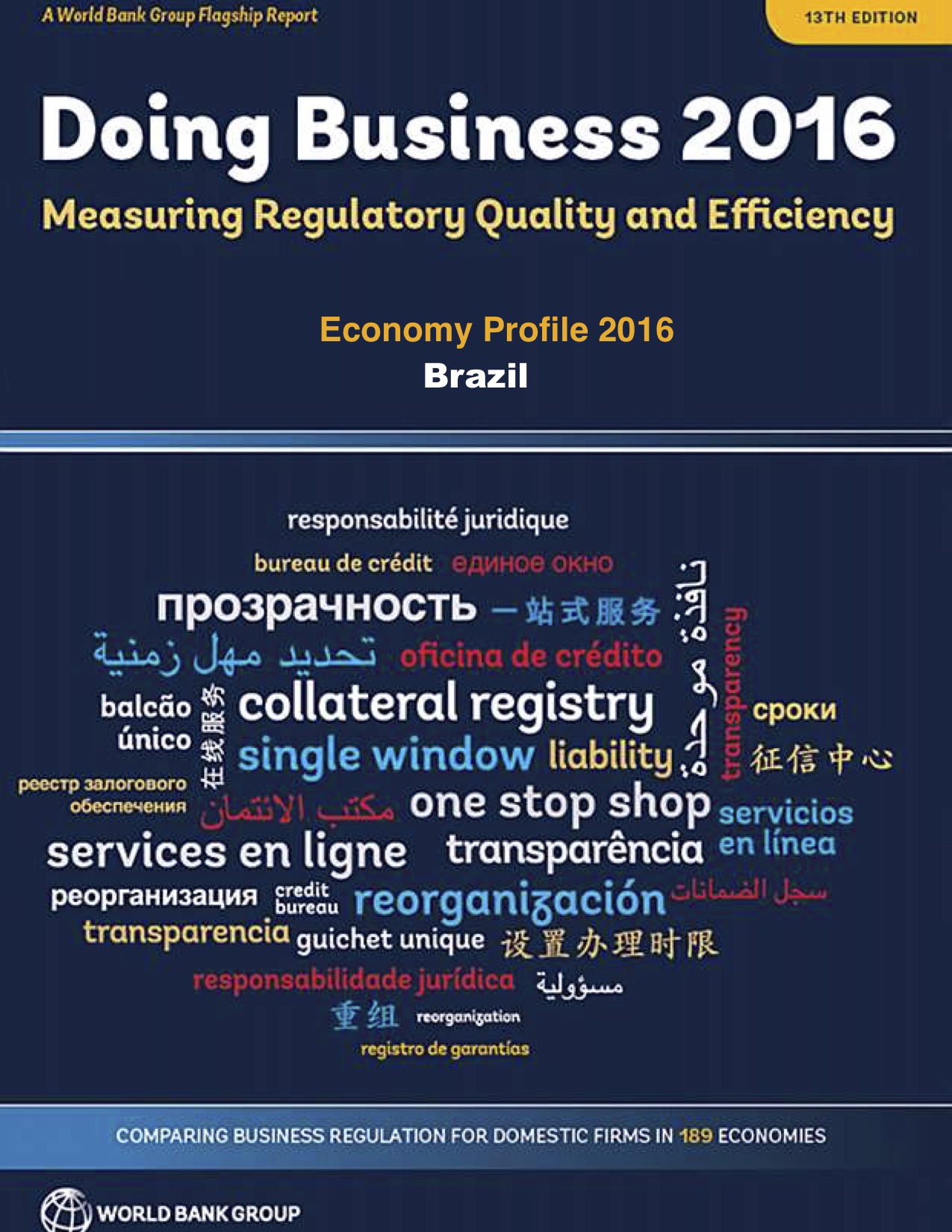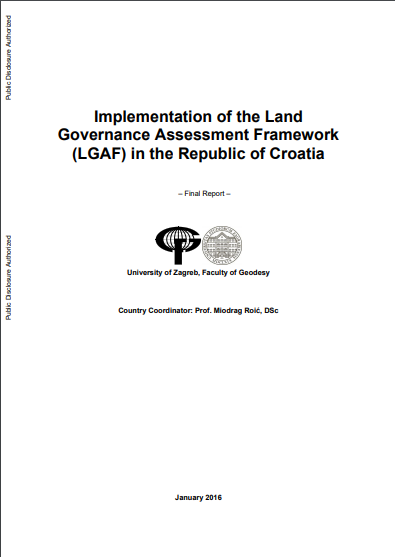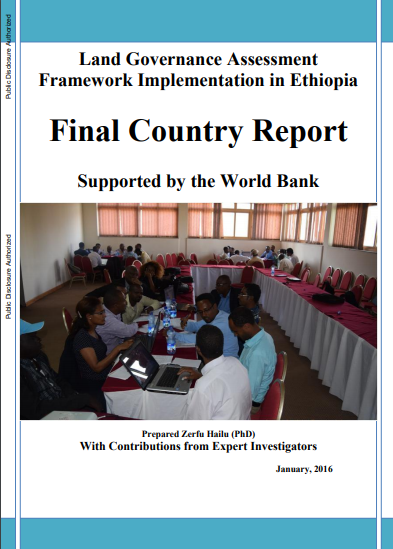The World Bank is a vital source of financial and technical assistance to developing countries around the world. We are not a bank in the ordinary sense but a unique partnership to reduce poverty and support development. The World Bank Group has two ambitious goals: End extreme poverty within a generation and boost shared prosperity.
- To end extreme poverty, the Bank's goal is to decrease the percentage of people living on less than $1.25 a day to no more than 3% by 2030.
- To promote shared prosperity, the goal is to promote income growth of the bottom 40% of the population in each country.
The World Bank Group comprises five institutions managed by their member countries.
The World Bank Group and Land: Working to protect the rights of existing land users and to help secure benefits for smallholder farmers
The World Bank (IBRD and IDA) interacts primarily with governments to increase agricultural productivity, strengthen land tenure policies and improve land governance. More than 90% of the World Bank’s agriculture portfolio focuses on the productivity and access to markets by small holder farmers. Ten percent of our projects focus on the governance of land tenure.
Similarly, investments by the International Finance Corporation (IFC), the World Bank Group’s private sector arm, including those in larger scale enterprises, overwhelmingly support smallholder farmers through improved access to finance, inputs and markets, and as direct suppliers. IFC invests in environmentally and socially sustainable private enterprises in all parts of the value chain (inputs such as irrigation and fertilizers, primary production, processing, transport and storage, traders, and risk management facilities including weather/crop insurance, warehouse financing, etc
For more information, visit the World Bank Group and land and food security (https://www.worldbank.org/en/topic/agriculture/brief/land-and-food-security1
Resources
Displaying 561 - 565 of 4907On the Move
This report is a result of a study that
aimed to identify more efficient institutional and
governance structures to manage the transport sector in
Oman. It encompassed on road transport, maritime transport,
railways, and road-based public transport. Aviation and
airports were excluded from the scope of the study. The
study consisted of an institutional review of transport
sector organization in select countries. The case study
Trade and Logistics in Central America
Central America's trade has
increased significantly in the past decade, in great part as
a result of strong efforts to reduce tariffs within the
region, as well as improvements in market access due to the
entry into force of important free trade agreements.
However, the growth of Central America's trade has not
been as impressive from a global perspective and there is
growing evidence that the gains from trade agreements and
Doing Business Economy Profile 2016
Implementation of the Land Governance Assessment Framework (LGAF) in the Republic of Croatia (English)
The Land Governance Assessment Framework (LGAF) is a diagnostic tool to assess the status of land governance at country level using a participatory process that draws systematically on existing evidence and local expertise rather than on outsiders.
Land Governance Assessment Framework (LGAF) implementation in Ethiopia : final country report (English)
The Land Governance Assessment Framework (LGAF) is a diagnostic tool to assess the status of land governance at country level using a participatory process that draws systematically on existing evidence and local expertise rather than on outsiders.









